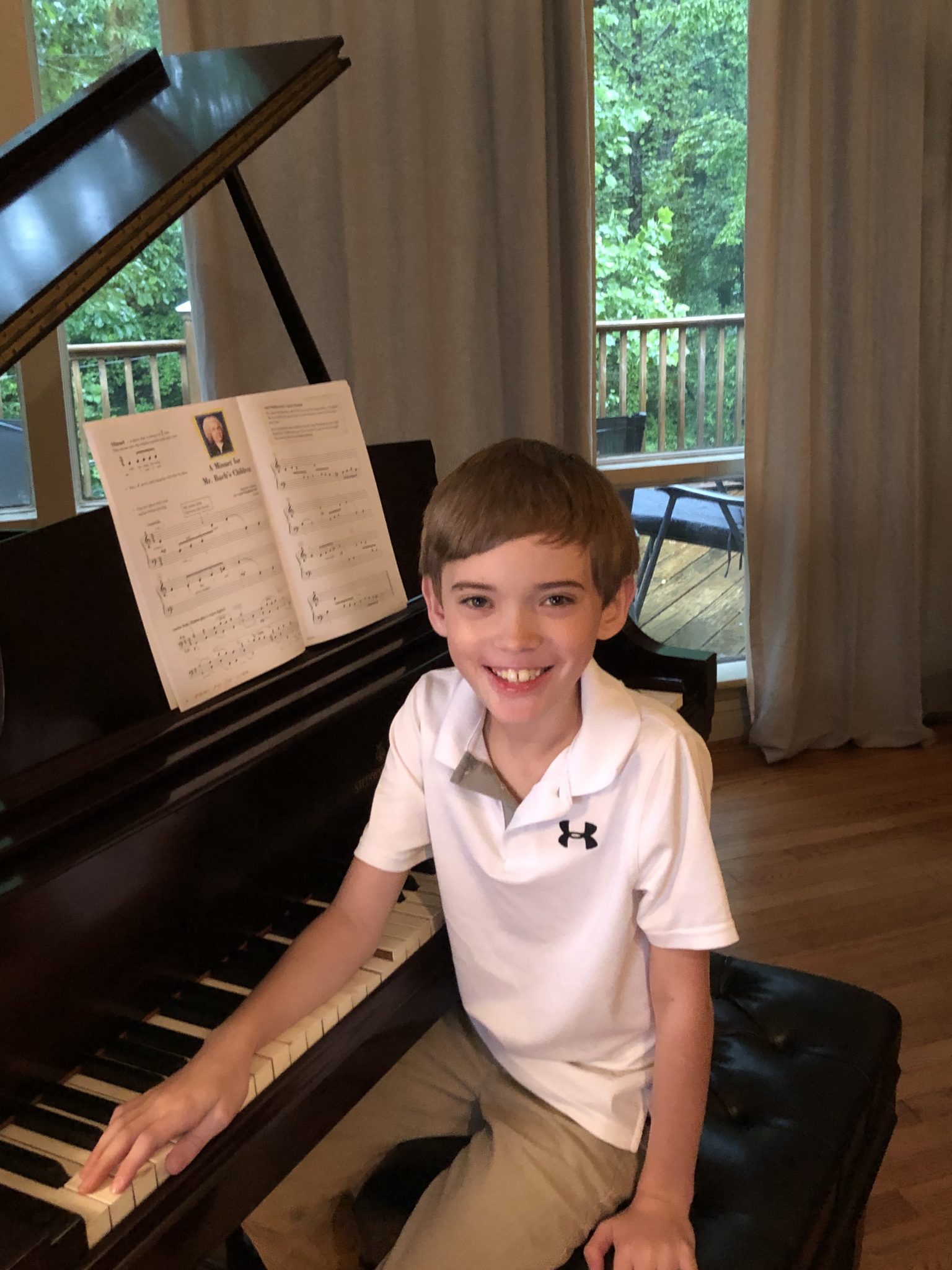
3 Mistakes of Last Minute Practice
Do you ever wish there were more hours in the day? From homework to sports to music, it’s often hard to find enough time for all of the activities in the midst of busy schedules. For those of us deadline-driven people, we sometimes wait until the last minute to complete tasks. This often creates more headaches than helpfulness. Here are 3 mistakes that I’ve learned firsthand from allowing my son to wait to practice until the night before his guitar lesson:
Memory Lapse
When students wait several days after their lesson before they practice, they often forget what they learned. This creates unnecessary frustration for students. Whether the challenge is a new chord or a new rhythm, it’s embarrassing and frustrating for the student not to be able to remember what he learned in last week’s lesson. Plus, let’s face it — music lessons are an investment. If the student doesn’t remember what he learned, next week’s lesson will be a review of the same information. It’s not a very good return on the parent’s financial investment for the student to continue to have the same lesson week after week.
Solution: Take advantage of the momentum your child possesses after each lesson. Ask them to play their new song for you as soon as your schedule allows.
Neglected Assistance
By waiting until the night before the lesson to practice, students eliminate helpful options to increase their learning experience. If a student doesn’t understand how to play a specific part of the music, one helpful solution is to ask the instructor for clarification. At Dawson Music Academy, our instructors enjoy supporting student at-home practice. With methods of communication ranging from phone calls to email to texts, we’re happy to answer questions that students encounter along the way.
Solution: Communicate with your child’s instructor. If your child has questions about a new skill, call or email the instructor to gain clarification.
Coordination Challenges
Students who procrastinate practice sessions often overestimate their hand-eye coordination abilities. Playing music requires training our brains, hands, and other muscles to learn new skills. The process of learning music takes time. Our muscles must learn to react to form new connections. These connections are most successfully formed with small practice sessions over one week, instead of a single 60 minute practice session the night before the lesson. (Consider this analogy: While you could wait until the night before you go to the dentist to brush your teeth for 1 hour straight, the benefits would not be the same as brushing your teeth twice each day.)
Solution: Schedule small practice sessions consistently throughout the week. Establish clear practice goals to serve as progress indicators.
Best wishes as you focus on avoiding these last minute practice mistakes! Consistent practice routines propel student learning. Try it for a few weeks and see how it works. You will most likely notice a decrease in your child’s frustration level. Additionally, you (and your child) will celebrate greater progress with music lessons.
To begin your musical journey at Dawson Music Academy, click here to register for lessons.
Contributor Kimberly Jones is a wife, mother, and the Director of the Dawson Music Academy at the Dawson Family of Faith.
